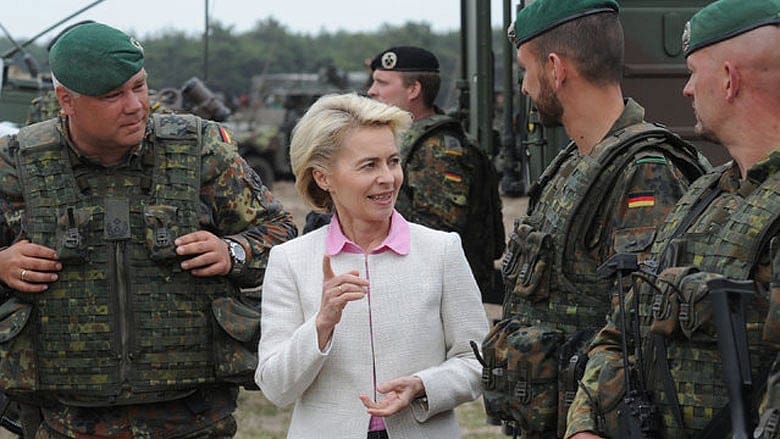Germany plans first increase in troop numbers since Cold War

Berlin (CNSNews.com) – Germany's next budget will see the nation's first increase in troop numbers since the Cold War, with the cabinet set to debate whether or not the country will take on a bigger military role in international affairs to "maintain global security."
The new budget as well as a draft defense plan – outlined in a government policy white paperreported by Deutsche Welle and other outlets last week – are seen as a response to current security concerns, including the Islamist terrorist attacks in Europe, the refugee crisis, and Russia's actions in Ukraine.

